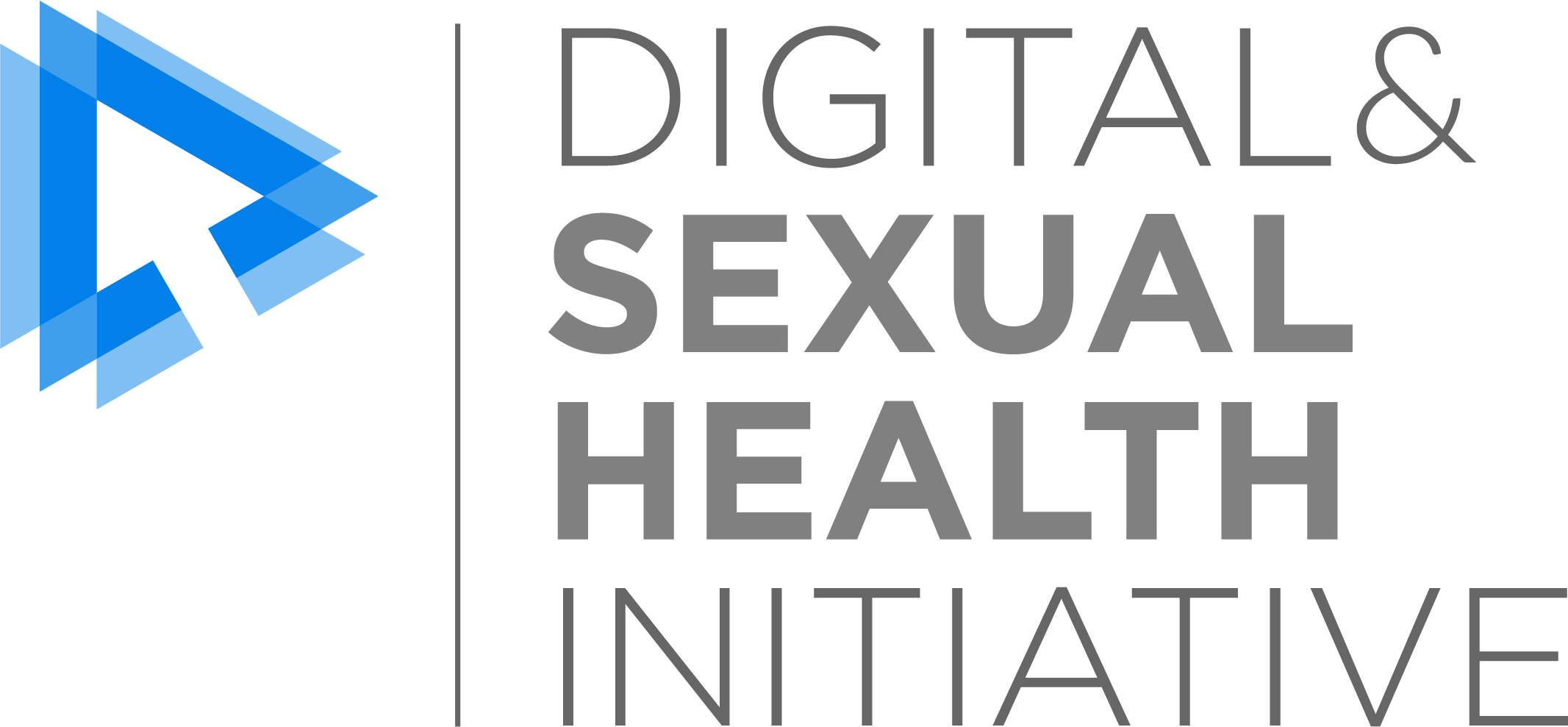Lessons Learned in Sustaining GetCheckedOnline, BC’s Digital STBBI Testing Program: Perspectives of Implementers across Multiple Sectors
Research theme(s)
Internet Based Testing
Janice Duddy, Hsiu-Ju Chang, Ihoghosa Iyamu, Devon Haag, Heather Pedersen, Mark Bondyra, Oralia Gomez-Ramirez, Cathy Worthington, Daniel Grace, Mark Gilbert .
Also presented at:
- 34th Canadian Conference on HIV/AIDS Research (CAHR 2025), Halifax, Nova Scotia, May 1-4 2025.
- World STI & HIV 2025 Congress, Montreal, Quebec, Jul 27-30, 2025.
Relevant resources
When it launched, the BC Centre for Disease Control’s GetCheckedOnline program was an innovative, technology-based, low barrier approach to STBBI testing in BC – and one of the earliest digital STBBI testing programs globally. Being first is often challenging as there is a lot of uncertainty about how to proceed, and new implementation paths need to be forged. We clearly saw this in the lessons learned described in this report, with examples such as the importance of developing a team with the right expertise, having clear governance structures and accountability mechanisms, and developing relationships with new partners being key in early stages of implementation.
The lessons learned identified by these partners also illustrate how challenges (and strategies to overcome them) evolve over time through different implementation phases, such as needing to manage changing information technology requirements over the course of the program. One important learning was that the way GetCheckedOnline was originally resourced as a siloed, separately funded project tied to a provincial HIV strategy was effective at first in facilitating innovation and supporting early expansion but posed challenges during later phases of expansion when more a more integrated, sustainable funding and program model was needed. This also illustrates a tension heard in other sessions, where working “outside” the system was key to development and initial implementation of GetCheckedOnline but led to difficulties integrating “inside” the health system (e.g., regular funding mechanisms or integration with existing health information systems).
While many of the lessons learned are specific to a digital STBBI testing program like GetCheckedOnline, many also shed light on implementation processes that are relevant more broadly for complex digital health interventions. For example, throughout the consultations, many highlighted the importance of having a team that was able to build strong relationships and effectively communicate and problem-solve across a diverse group of partners. People with strong emotional intelligence and social skills are sometimes undervalued in public health programs but this led to many of the program’s successes and is a lesson broadly applicable to similarly complex interventions.
We hope these lessons learned will be helpful to others involved in implementing digital STBBI testing or other digital health services. As a next step, our team will use this report to develop recommendations for a practical guide for implementers of these services. As little practical guidance to implementers of these services currently exists – especially any that encompass all aspects involved in implementation and its later stages – we hope developing this guidance will contribute to advancing innovation across the sector.
